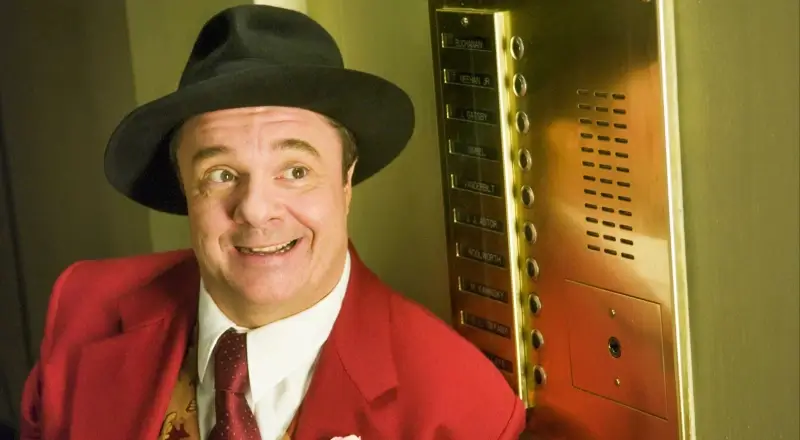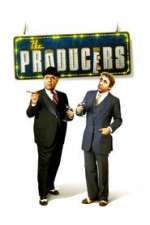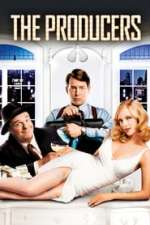
Character Analysis
(Avoiding Spoilers)
Living… in New York City, barely staying afloat. When Max gets his friend Leo to help him, he begs, “I'm drowning. Other men sail through life, Bialystock has struck a reef. Bloom, I'm going under. I'm condemned by a society that demands success when all I can offer is failure. Bloom, I'm reaching out to you. Don't send me to prison... HELP!”
Profession… a washed-up, aging Broadway producer. Max fudged the numbers on his last play by selling more than 100% of the shares in potential profits. This led him to realize that a producer could make more money with a flop than a hit. He persuades his accountant Leo Bloom to partner up with him in creating an intentional flop in order to oversell the shares at a much higher rate. Since no one will audit the books of a play presumed to have lost money, they plan to take all the investment money and book it to Rio. But first, they need a flop.
Interests... finding and producing the perfect flop. Rummaging through the slush pile, Leo and Max stumble across what has potential to be the worst thing ever written for the stage: Springtime for Hitler: A Gay Romp with Adolf and Eva at Berchtesgaden, written by a real life Nazi. They then hire Roger De Bris, a director whose plays “close on the first day of rehearsal.” They cast a semi-coherent hippie named Lorenzo St. Dubois as Hitler, and sell 25,000% of the play to investors. The plan seems bulletproof.
Relationship Status... single. As a failed producer, Max essentially depends on the generosity of “little old ladies” to make a living and to produce more plays. Whenever he needs another handout, he “launches himself into little old lady land,” and woos his stable of aging honeys into giving him whatever he wants.
Challenge… making sure the play doesn’t make money. Early performances show that they have a huge hit on their hands. Even if the play continues, and even if they have the greatest success in the history of Broadway, there is no way Leo and Max can make good on the amount of shares they sold. When things turn out more successful than they thought, Max moans, “How could this happen? I was so careful. I picked the wrong play, the wrong director, the wrong cast. Where did I go right? We forgot one important, Bloom. Adolf Hitler always drew a crowd.”
Personality… greedy. Max is open about his willingness to lie and cheat. He will do anything to make a buck, including hustling every little old lady in New York. His charisma and charm make others go along with his schemes and give him whatever he wants. He’s often short-tempered and stubborn, self-pitying, and sarcastic. But all he really ever wanted, besides money, was to see his name in lights.


